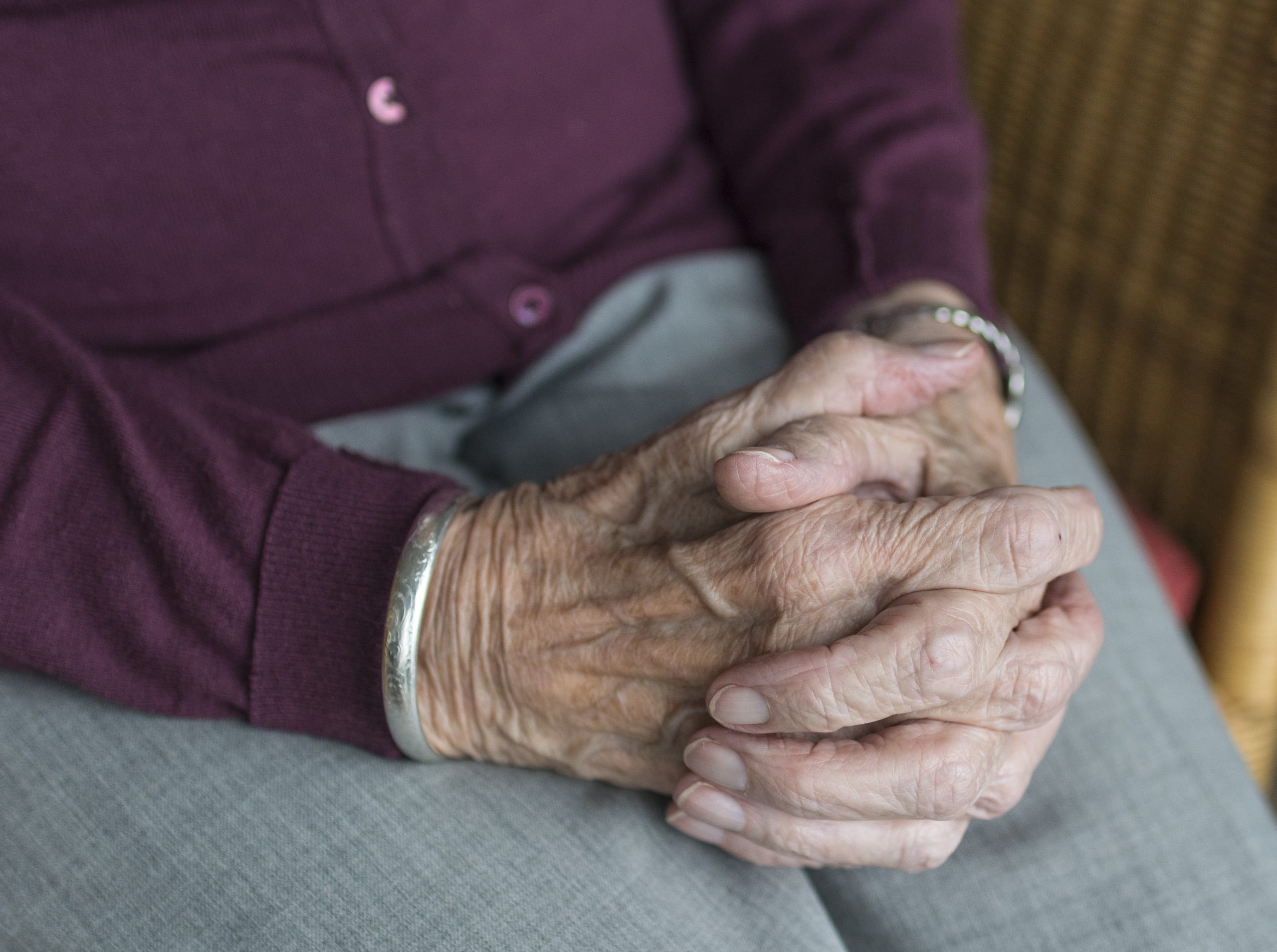Signs Your Loved One Needs Senior Care
There are several signs your loved one needs senior care. If you recognize these signs, you may need to have a delicate conversation with your loved one. There are several signs to watch out for that can indicate a senior loved one might need some help. However, determining whether an aging parent needs senior care and getting that assistance are two very different things. We will explore these differences further below.
Recognizing the Signs Your Loved One Needs Senior Care
It’s essential to spot the signals that an aging loved one needs assistance in the home. Too often, people wait for a catastrophic event to occur – a medical emergency or a fall. Then, they scramble to find appropriate in-home care. It is better to be proactive and have a plan of care to meet their needs, rather than reacting after something has happened.
To be proactive, you need to be able to spot the signs your loved one needs senior care.
STATE OF THE HOME
When you visit your loved one, assess their living situation. This assessment doesn’t have to be an inspection, but keep an eye out for changes. Are they not keeping the home up the way they used to? Is there spoiled food in the fridge? Have they taken the garbage out? These signs can indicate that your senior loved one is not physically able to tackle the tasks. Alternatively, it could be more of a mental issue. Perhaps they are not remembering or realizing that they need to complete the tasks.
ISOLATION
Is mom or dad seeing their friends? Are they getting out of the house and able to run routine errands?  When you visit, do they socially engage, or do they seem withdrawn? Again, significant changes in social behavior can be a sign that they need help.
When you visit, do they socially engage, or do they seem withdrawn? Again, significant changes in social behavior can be a sign that they need help.
HEALTH
Are you getting frequent calls regarding their health? Have they lost a lot of weight? Do they seem unsteady or that they have significantly lost strength? These kinds of health issues can lead to a fall or make what were once routine household chores an impossible challenge. As your loved one ages and their health inevitably begins to decline, their needs will change as well.
Having the Conversation
Senior care can be an awkward conversation to have. However, if you see signs your loved one needs senior care, it’s best to be proactive and initiate a discussion.
The relationship you have with your loved one can help set the stage for a productive conversation. If you regularly visit your loved one and are involved in their life, it can be a much easier conversation to have. This also allows you to periodically broach the topic of their health, their needs, and their home life.
One good idea is to bring the topic up generally. Perhaps you have a friend with an older parent, and they recently started using senior care. Share that it was a positive experience and give them an idea of what help might look like for them. People often have preconceived notions and misconceptions about what senior care is and can entail. Helping your loved one visualize and understand in-home senior care is a great way to start the conversation.
Call HomeCentris Today
If you are interested in learning more about how to prepare for future in-home care services, reach out to HomeCentris today. We offer services such as:
If you think you are seeing signs your loved one needs senior care, call us today at 410-486-5330 to find out more about our innovative in-home care plans.


